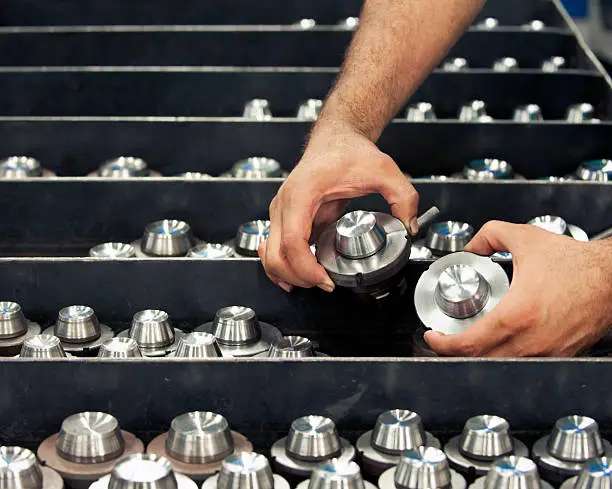
In the bustling electronics manufacturing scene, getting a product out fast can define a company’s success. I’ve seen a case where a mid-sized factory in Mexico hit a snag: they needed to trial a small batch of circuit boards for a potential buyer, but their setup wasn’t built for precise, low-volume runs. Jumping to full production too early meant wasted effort, while dragging feet risked losing the deal entirely.
Spotting the Main Challenge in Prototype Work
The big issue here was adaptability. Standard production lines shine with large orders, but small batches—think 10 to 100 units—often trip them up. Setting up takes time, and adjusting designs on the fly gets messy. For this Mexican crew, the clock was ticking: they had to impress a U.S. client looking for quick results amid shifting supply chains.
Locally, options were tough. Mexican suppliers slapped high prices on short runs, and wait times stretched out because custom CNC work was scarce. It’s a familiar struggle in precision machining—finding a balance between cost, speed, and quality without overreaching.
How a Cross-Border CNC Partnership Turned Things Around
A practical fix came from a Chinese CNC outfit. By handing off critical parts—like custom casings and holders—to this team, the Mexican factory sidestepped its limits. The Chinese side used versatile machines to deliver prototypes in just over a week, hitting tight tolerances of 0.01mm without long setup delays.
What stood out:
- Quick Adjustments: Design tweaks were done fast, letting them refine based on early tests.
- Kept Costs Down: Small-batch rates stayed reasonable, dodging the steep local rush fees.
- Solid Quality: Consistent materials and checks meant parts fit right into the production flow.
In the end, they landed the contract and scaled up smoothly. It showed how targeted CNC work can transform obstacles into opportunities.
What This Means for Electronics Makers
This story isn’t a one-off. In a field like electronics, where demand shifts constantly, tapping into small-batch expertise can steady the course. With global supply chains evolving—pushing more work toward places like Mexico—agile prototyping keeps you in the game.
For buyers hunting dependable solutions, the focus should be on real-world reliability: parts that arrive ready to go, cutting downtime. It’s not about flashy tech but proven approaches that hold up when it counts.
If you’re dealing with similar precision machining challenges, looking into these kinds of partnerships might pay off. Check out more at www.simituo.com.